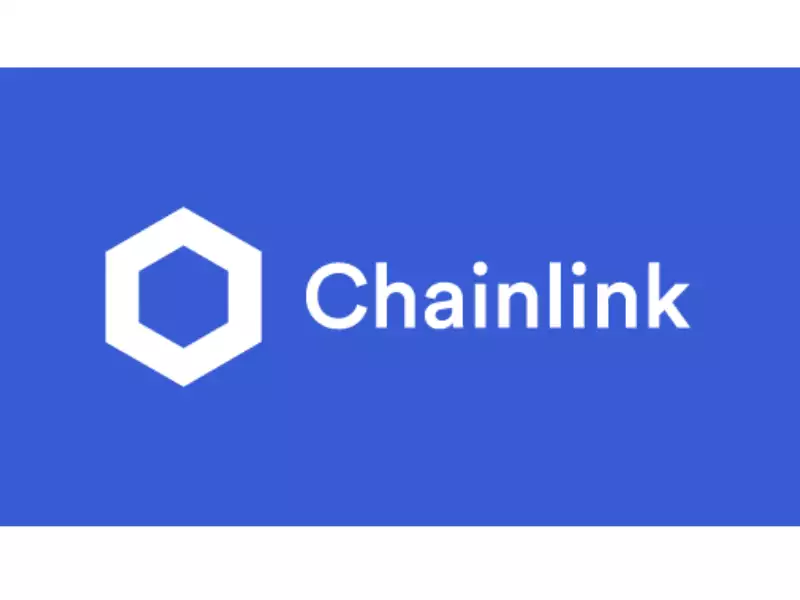QU?BEC UTILITY REQUESTS REALLOCATION OF ELECTRICITY AWAY FROM BITCOIN MINERS
Cryptocurrency mining, specifically Bitcoin miners, is primarily done using specialized hardware known as mining machines or mining rigs.

Cryptocurrency mining for bitcoin miners has become a popular and lucrative endeavor in recent years, with Bitcoin leading the way as the most sought-after digital currency. To understand Bitcoin's success, one must delve into the key components of its mining process. In this blog, we will explore the world of cryptocurrency mining, including the hardware, software, and sites that make it all possible. Additionally, we'll discuss how crypto mining calculators, apps, and miners play crucial roles in the mining ecosystem.
Cryptocurrency Mining Machine: The Bitcoin Miners
Cryptocurrency mining, specifically Bitcoin mining, is primarily done using specialized hardware known as mining machines or mining rigs. These machines are designed to perform complex mathematical calculations necessary for validating transactions and adding them to the blockchain. The most common types of cryptocurrency mining machines are Application-Specific Integrated Circuit (ASIC) miners, Graphics Processing Unit (GPU) miners, and Central Processing Unit (CPU) miners.
- ASIC Miners: ASIC miners are custom-built machines dedicated solely to mining specific cryptocurrencies, including Bitcoin. They are highly efficient at performing the required hashing operations and are often the preferred choice for serious miners due to their high processing power.
- GPU Miners: GPU miners use graphics cards to perform mining operations. While they are not as powerful as ASIC miners, they are versatile and can mine various cryptocurrencies, making them popular among miners who want to diversify their mining activities.
- CPU Miners: CPU miners are the least powerful of the three and are generally used for educational purposes. They use a computer's central processing unit to mine cryptocurrencies and are not cost-effective for large-scale mining operations.
Crypto Mining Software: The Operating System of Mining Machines
Mining software is the brain behind cryptocurrency mining machines, facilitating the communication between the hardware and the blockchain network. It is essential for configuring, monitoring, and managing the mining process. Some popular mining software includes CGMiner, BFGMiner, EasyMiner, and NiceHash.
These software programs allow miners to:
- Configure their mining hardware.
- Monitor mining activities in real-time.
- Adjust mining parameters for optimal performance.
- Connect to mining pools, which we will discuss later in this blog.
Crypto Mining Sites: The Gathering Places for Miners
Mining on your own can be a daunting task, as it requires a significant investment in hardware and electricity costs. To address this issue, miners often join forces on mining sites or pools, where they combine their computing power to increase the chances of earning rewards. Some of the well-known mining pools for Bitcoin and other cryptocurrencies include Slush Pool, F2Pool, and Antpool.
Crypto Mining Calculator: Crunching the Numbers
Before diving into cryptocurrency mining, it's crucial to estimate your potential profits and costs. This is where a crypto mining calculator comes into play. These online tools help miners forecast their earnings based on factors such as hashing power, electricity costs, and current crypto mining calculator prices. With this information, miners can make informed decisions about whether to proceed with mining or not.
Bitcoins Mining App: Mining on the Go
In addition to traditional mining, there are mobile apps that allow users to mine cryptocurrencies using their smartphones or tablets. These apps are typically less efficient than dedicated mining machines but offer a convenient way for beginners to get involved in mining without significant hardware investments. Examples of Bitcoin mining apps include StormGain and Crypto Miner.
Cryptocoin Mining Rig: The Powerhouse of Mining
A mining rig is a complete setup that includes multiple mining machines, cooling systems, and power supplies. Mining rigs are designed for scalability and can be expanded by adding more machines as needed. This setup is often used by professional miners who have the resources and expertise to operate a large-scale mining operation.
Cryptocurrency Mining: Environmental Concerns and Sustainability
While cryptocurrency mining has its benefits, such as financial rewards and blockchain security, it has also faced criticism for its environmental impact. The energy consumption of mining operations, especially those using ASIC miners, has raised concerns about the carbon footprint. Some cryptocurrencies are exploring more energy-efficient consensus mechanisms to mitigate these concerns.
Crypto Mining Apps: User-Friendly Mining Solutions
Crypto mining apps are designed for user-friendliness, making it easy for newcomers to get involved in cryptocurrency mining. These apps often come with simplified interfaces and settings, allowing users to start mining with just a few clicks. While they may not offer the same level of control as traditional mining software, they are a great entry point for those who want to dip their toes into mining.
Miners for Crypto: A Diverse Community
The community of crypto miners is diverse, ranging from individual hobbyists to large-scale operations. Miners come from various backgrounds and have different motivations, whether it's to support the network, earn passive income, or contribute to the growth of the cryptocurrency ecosystem. The choice of mining hardware, software, and approach depends on individual goals and resources.
Cryptocurrency mining is a complex and dynamic field that continues to evolve as the miners for crypto market grows. Understanding the hardware, software, and ecosystem that drive mining activities is essential for those considering entering this space. As the Bitcoin network's hash rate continues to increase, it's clear that mining remains a vital aspect of the cryptocurrency world, enabling the security and functionality of blockchain networks. Whether you're an individual miner or part of a larger mining operation, the tools and resources discussed in this blog are key to your success in the world of cryptocurrency mining.
What's Your Reaction?















